Since ancient times wealthy people are collecting the most diverse objects in cabinets of curiosities.
The term ‘cabinet’ originally described a room rather than a piece of furniture, a room filled with books, art and objects of study. Curiosity rooms emerged in the 16th century although we do know that more rudimentary collections existed yet earlier.
Cabinets of curiosities or Cabinets of Wonder, Kunstkammern, Wunderkammern (German) or Cabinets de curiosités (French), originated in European Renaissance and their collections consisted of types of objects whose categorial boundaries were yet to be defined. They displayed a wide assortment of rare and unusual objects.
Today all these objects would be categorized as belonging to natural history, geology, religion, works of arts and antiquities.
Obviously, cabinets of curiosities were limited to those who could afford to create them. They are regarded as the precedents of the public museums and galleries.
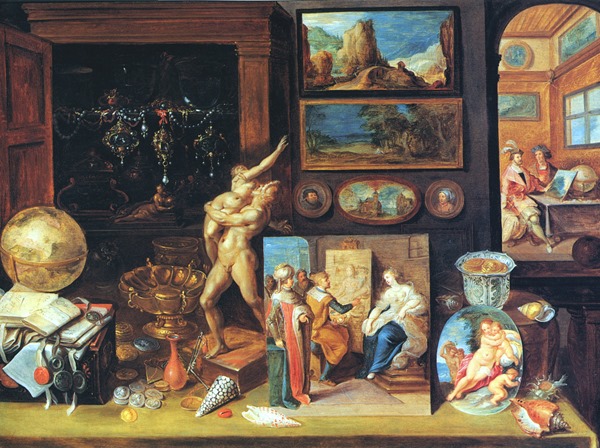 Painting by Frans Francken (II) - Antwerp, A Collector’s Cabinet,1625 Source
Painting by Frans Francken (II) - Antwerp, A Collector’s Cabinet,1625 SourceSince the 17th century case furniture started to function as cabinets of curiosities.
 Andrea Domenico Remps - Italy, A Cabinet of Curiosity, c.1690 Source
Andrea Domenico Remps - Italy, A Cabinet of Curiosity, c.1690 SourceThe cabinet became very popular in 18th century. As this Cabinet Bonnier de la Mosson created by Joseph Bonnier de la Mosson (1702 - 1744). He was a French aristocrat who loved science and began collecting weird stuff, like exotic insects, snakes, shells and birds. His collection can be found in the library of the Natural History Museum in Paris.
 Cabinet Bonnier de La Mosson - Bibliothèque centrale du Muséum national d'Histoire naturelle, Paris. Source
Cabinet Bonnier de La Mosson - Bibliothèque centrale du Muséum national d'Histoire naturelle, Paris. SourceThe Cabinet Lafaille at the Museum of La Rochelle, France is a very rococo styled,19th century curiosity cabinet stuffed with coral, reptiles and birds.
 Cabinet de curiosités Clément Lafaille, après 1766. Style néoclassique. Muséum d'histoire naturelle de La Rochelle. Source
Cabinet de curiosités Clément Lafaille, après 1766. Style néoclassique. Muséum d'histoire naturelle de La Rochelle. Source An early 18th-century German Schrank with a traditional display of corals (Naturkundenmuseum Berlin). Source
An early 18th-century German Schrank with a traditional display of corals (Naturkundenmuseum Berlin). SourceThe cabinet of curiosities of today does not have to be traditonal, or contain valuable items. Just stuff it with your personal favorite objects or those you brought along from several journeys.
Make it your private collection!
 Decorator and antiques dealer Franck Delmarcelle
Decorator and antiques dealer Franck Delmarcelle Interior designer Natalie Haegeman
Interior designer Natalie Haegeman Antiques dealer Herwig Simons
Antiques dealer Herwig SimonsTell me! Do you feel tempted to create your own private cabinet of curiosities ?
xx
Greet
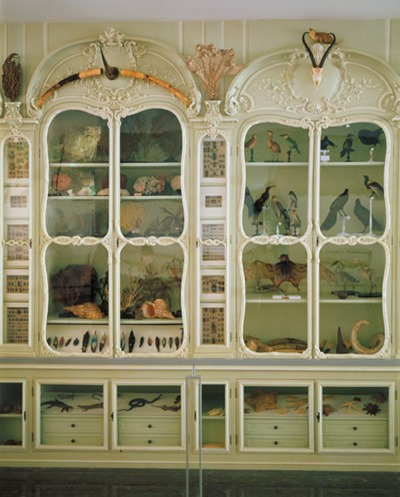
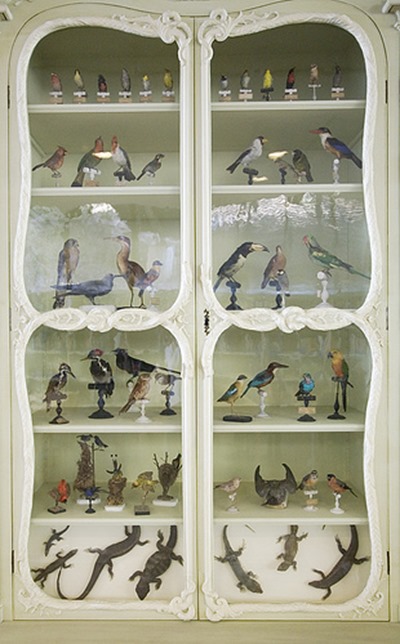
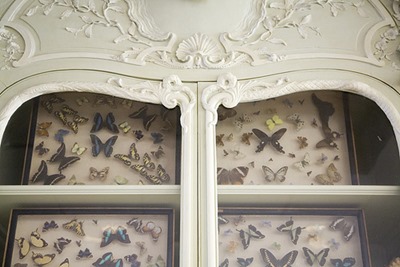
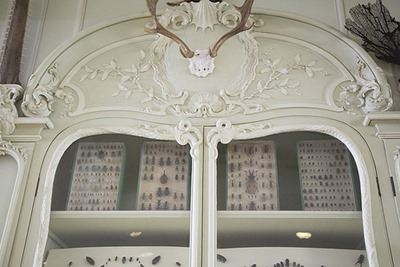

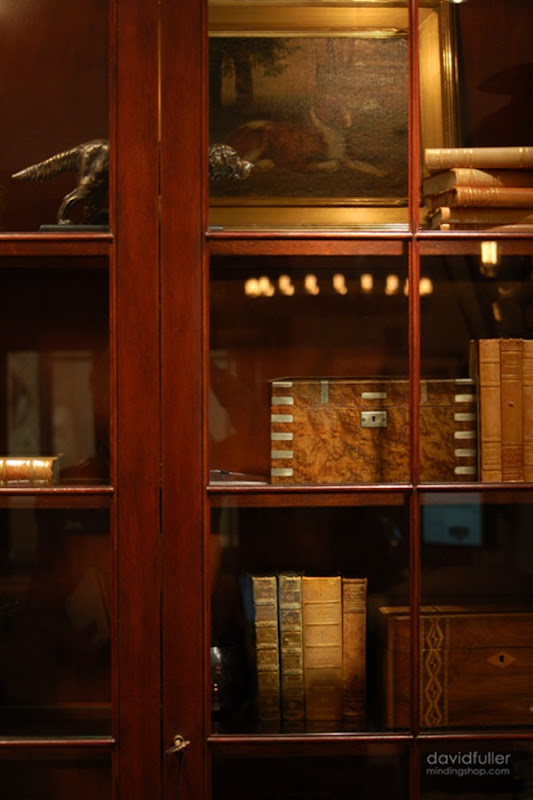
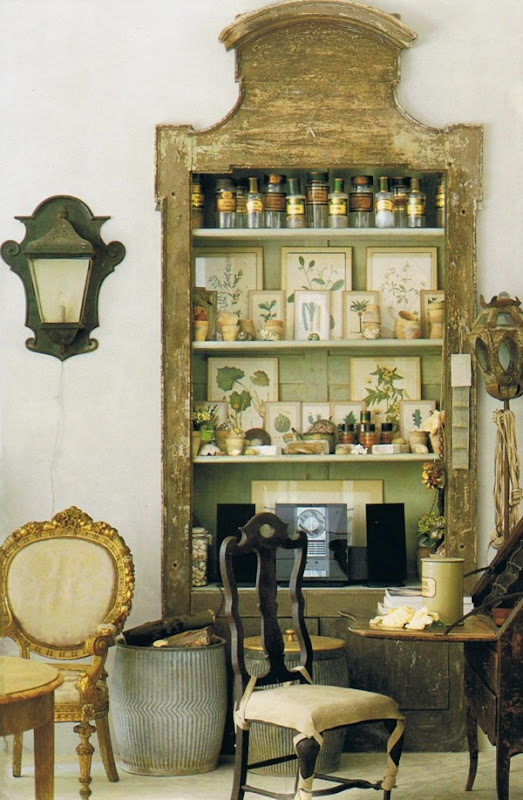

0 Response to "Cabinets of curiosities"
Post a Comment